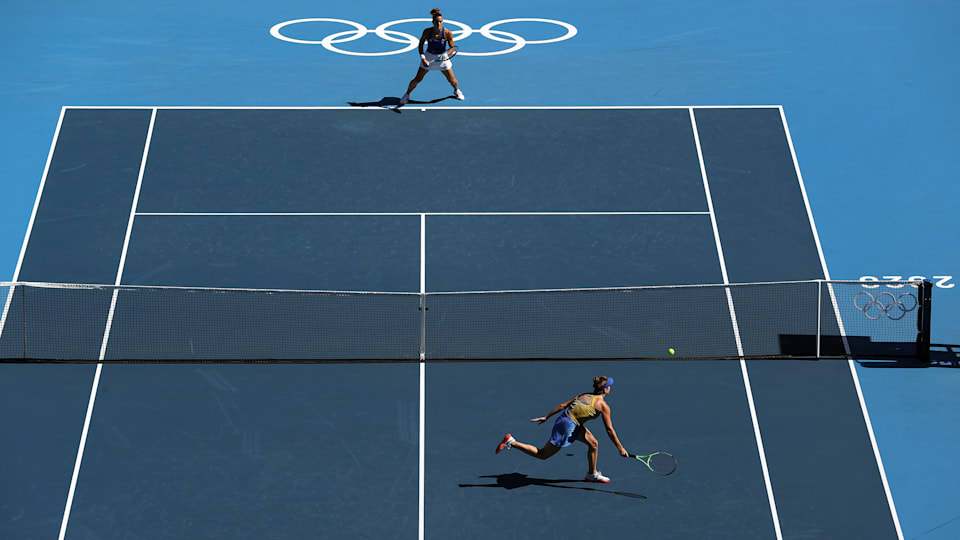
An exclusive report reveals that the Madrid Masters may introduce a 15-second shot clock and reduce the time between games to address slow play in tennis. The proposed changes, set to be tested during the men’s doubles at the tournament starting on April 22, aim to minimize “dead time” in matches.
If approved, doubles players in Madrid will have 15 seconds to begin the next point after rallies of three shots or fewer, while longer rallies will retain the existing 25-second shot clock. This trial follows the use of a 15-second shot clock at the Next Gen Finals in Saudi Arabia last year, an event known for innovations to speed up the game.
The report indicates that the length of men’s singles matches has increased by over 25% in the last two decades, prompting tennis officials to seek ways to enhance the viewing experience for broadcasters. Additionally, the proposed trial suggests that doubles players will have no “sit-down” during the first set, with a limited time allocated for switching ends and starting the next game. However, a longer break after the first set is also under consideration to compensate for this change.

Concerns about slow play are also driving changes to the entry system, with proposed adjustments to encourage more singles players to participate in doubles matches later in tournaments. These changes are partly in response to a letter from US broadcaster ESPN explaining why they do not televise doubles matches.
Despite these potential improvements, there are concerns that the proposed entry system changes could disadvantage doubles specialists. The full impact of these proposed changes on the doubles tour remains unclear, and further tweaks and ratification by the ATP Council are expected.
In conclusion, the proposed rule changes and entry system adjustments aim to address slow play and scheduling issues in tennis, but they also raise concerns about the future of doubles tennis and the potential impact on doubles specialists.






